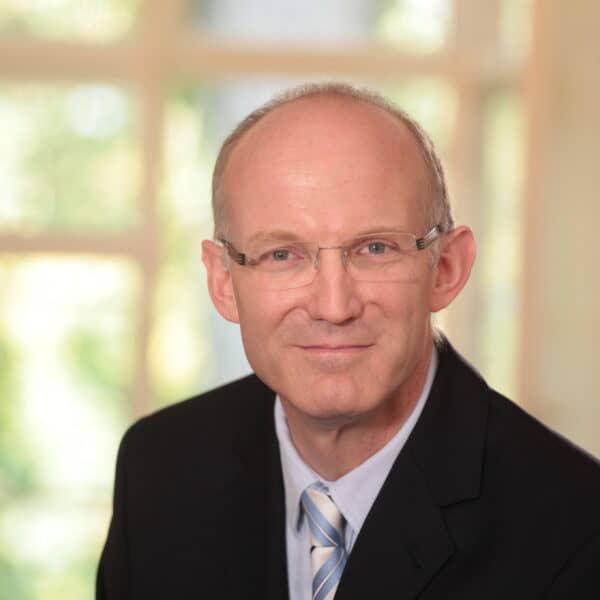
The short answer is: If we translate the term from psychology into the technical world, i.e. into supply chain management, the word takes on new meanings, because its definition here implies that a supply chain is a system that can be managed and which, in the event of a disruption, can and should be restored to its original state as quickly as possible. You already know that this definition reaches a limit, because the technical view is not the only perspective in the 21st century; social and ecological issues are also increasingly coming into focus.
The discussion about resilience makes no sense if the target state that resilience is supposed to “regulate” is not clear.
Where can or should the newly chosen path lead? The path really depends on how much value we attribute to the target state we hope to reach at the end of the path. No matter what our target state looks like, it should answer the question of how we address our threats to the ecosphere if what we want is to achieve the highest goal for the ecosystem, which would be to maintain a livable planet.
The design principles of our value streams have been known for a long time
The solution consisted of an effect cycle involving three reinforcing measures. The goal? To reduce everything that the customer is not willing to pay for and thereby shorten the lead time. You called this form of potential waste.
Globalization will change
Let’s do ourselves and the environment a favor and reduce transportation of information and materials to a minimum by creating complete and self-contained value stream networks near to our customers.
Texts are never created when you’re alone. Your own thoughts are also always the result of external stimulation.
The following authors serve to inspire me and accompany me on my path to insight: Tom DeMarco, Peter Drucker, Ulrike Herrmann, Gerald Hüther, Daniel T. Jones, Stefan Kühl, Rupert Lay, Jeffrey K. Liker, Michael Löhner, Fredmund Malik, Hans A. Pestalozzi, Richard D. Precht, Marshall B. Rosenberg, Mike Rother, Friedemann Schulz von Thun, Reinhard Sprenger, Frederic Vester, Harald Welzer, and James P. Womack.






